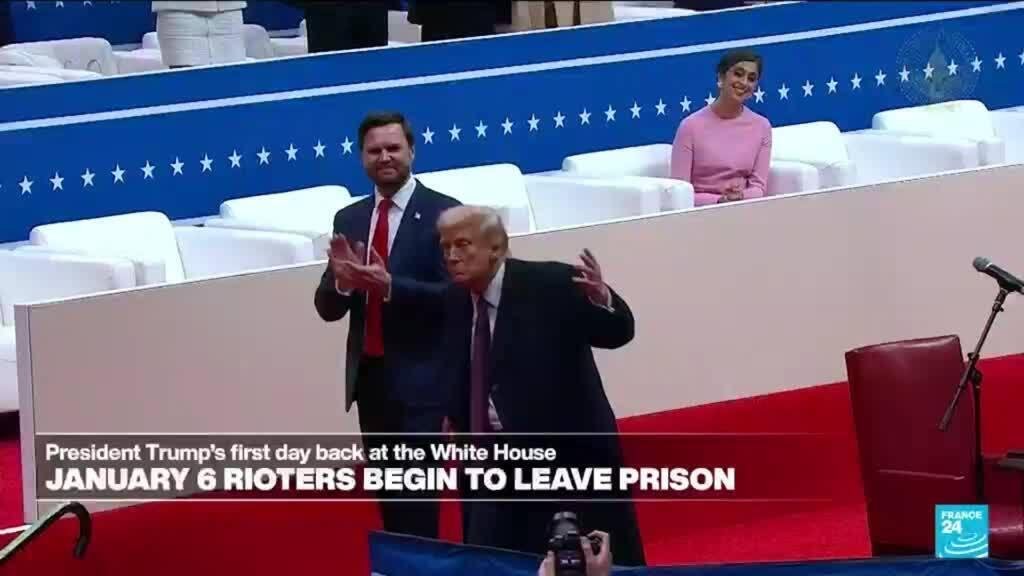
“President Trump is trying to reduce the WHO, and the question is whether other high-income countries like Europe, Australia, Japan, and elsewhere, are picking up some slack,” Vermund said. “Will the Gates Foundation, which is a very generous donor, take it? It is conceivable that some will change things until we have a new administration that will be more friendly to the WHO, but I doubt it will take they are the full share of the WHO budget paid for by the US.”
And the US doesn’t just give money to the WHO, but staff and expertise as well. “The Centers for Disease Control and Prevention is seconding a lot of WHO staff, and I predict that the Trump administration, with a new CDC director, will call people home,” Vermund said. “This will create a gap, because WHO funds do not pay for individuals. So I think you will have an almost immediate reduction of the workforce and removal of critical professionals within the organization of WHO.
According to Gostin, a lot of money that the US gives to the WHO is the main mandatory funding, which must be given to all members, but some funds are specifically reserved for causes in which the US has an interest, such as eradication of polio, HIV/AIDS, and the process of identifying and controlling disease outbreaks before they spread and reach American shores. Without U.S. funding, Gostin said these programs wouldn’t disappear entirely, but they would be greatly weakened.
“Polio can come back,” said Gostin. “Remember we had polio in New York just a few years ago, and our children were not vaccinated. And we have other real health scares in the United States, not just Covid-19, which is killing over a million people. We have Zika, and the next health emergency will be just a mutation or two. It’s probably here in the form of avian influenza, and we need the WHO to help us with that.
Both Gostin and Vermund fear that withdrawing from the WHO will put the US behind the curve when it comes to receiving critical information such as pathogen samples and genomic sequencing data, which pharmaceutical companies need to create effective vaccines. Gostin discussed how the US relies on WHO data every year to effectively update the flu season vaccine, while Vermund explained that financially speaking, it is more efficient for the US to fund the WHO to help “killing” diseases at their source, rather than trying to deal with them when they arrive in the country.
“We spent over $2 billion preparing for Ebola to hit US shores in 2014 and 2015, and since we only had five or six cases, that was not cost-effective,” Vermund said. . “That’s a classic example of how if the US goes it alone, it’s less effective compared to contributing to a multinational response to control a disease in the country of origin.”









